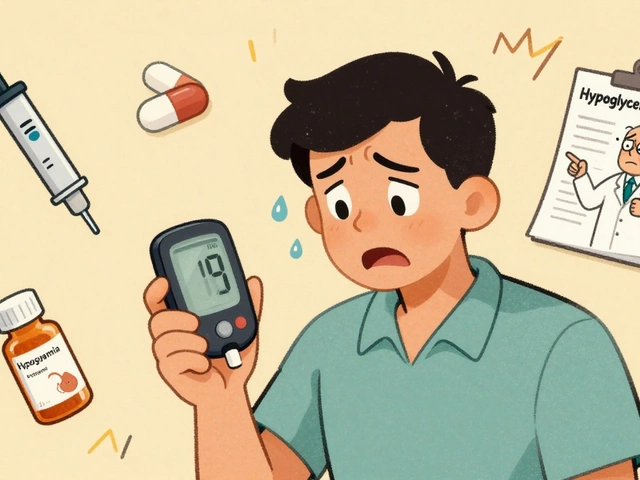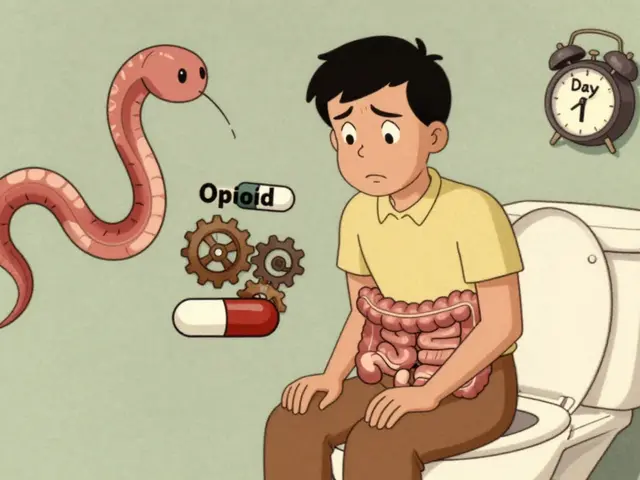Platelet Reactivity: What It Means for Your Health
Ever wonder why a simple blood test can tell you a lot about heart risk? That’s often because labs are looking at platelet reactivity – basically how quickly your blood cells want to stick together and form clots. If they’re too jumpy, you might face a heart attack or stroke. If they’re too lazy, you could bleed more than usual. Understanding this balance helps you and your doctor make smarter choices.
Why Platelet Reactivity Matters
Platelets are tiny cells that rush to any injury and form a plug to stop bleeding. Their speed and stickiness change with diet, meds, and genetics. High reactivity is a red flag for people with high blood pressure, high cholesterol, or diabetes because it can speed up plaque buildup in arteries. On the flip side, low reactivity can cause problems for those on strong blood‑thinners or with certain liver conditions.
Research shows that people with over‑active platelets often need stronger antiplatelet drugs, like aspirin or clopidogrel, to keep clots from forming where they shouldn’t. But those drugs also raise bleeding risk, so doctors need a clear picture of your platelet behavior before deciding on a dose.
How to Test and Manage Reactivity
Testing isn’t as fancy as it sounds. A common method is the VerifyNow or Light Transmission Aggregometry test, where a small blood sample is mixed with chemicals that provoke platelet clumping. The machine measures how fast and how much the cells clump together. Results give a number that doctors compare to normal ranges.
If your numbers are high, lifestyle tweaks can help. Cutting back on sugary drinks, quitting smoking, and getting regular exercise all calm platelet activity. Some foods, like omega‑3‑rich fish, berries, and dark chocolate, have natural anti‑platelet effects. Your doctor might also adjust meds – for instance, switching from a high‑dose statin to a moderate one can lower reactivity.
When reactivity is low, the focus shifts to avoiding unnecessary blood thinners and checking for vitamin deficiencies that affect clotting. Sometimes a simple vitamin K supplement or a change in diet can bring things back into balance.
Bottom line: platelet reactivity is a window into how your body handles clotting and heart risk. Regular check‑ups, honest conversations with your doctor, and small daily habits can keep your platelets behaving just right. Stay curious, stay proactive, and you’ll give your heart the best chance to stay strong.

Obesity and Clopidogrel Effectiveness: What Changes, What the Evidence Shows, and What To Do
- By : Tamsin Riverton
- Date : Sep 1 2025
Does obesity blunt clopidogrel? Clear, evidence-backed guide on mechanisms, outcomes, testing, and smarter antiplatelet choices in 2025.




